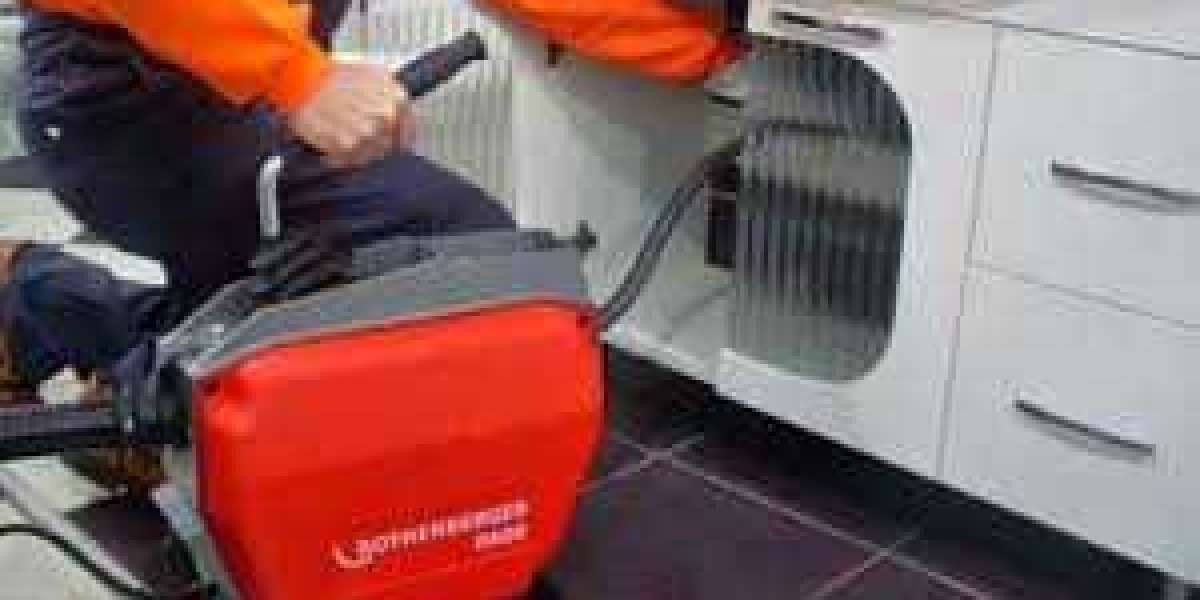The English language is full of words that sound similar but have different meanings. One such pair that often causes confusion is "stationery" and "stationary." While they may seem almost identical, they have distinct definitions and applications.
Stationery:
The word "stationery" refers to writing materials and office supplies. It encompasses items like paper, envelopes, pens, pencils, erasers, and other supplies used for writing, drawing, or corresponding. Stationery is typically associated with paper-based products that facilitate communication and creative expression.
For example, when you visit a stationery store, you will find an array of paper products, greeting cards, notebooks, and writing instruments. Wedding invitations, business letterheads, and personalized notepads are all examples of stationery items.
Stationary:
On the other hand, "stationary" is an adjective derived from the noun "station." It describes something that is not moving, fixed in place, or at a standstill. It implies lack of motion or activity.
For instance, a parked car, a motionless object, or a person standing still can all be described as "stationary." The word indicates a state of being immobile or stationary, both physically and metaphorically.
Remembering the Difference:
To help distinguish between these words, it may be useful to recall that "stationery" has an "e" in it, just like "envelope" or "letter," all of which are associated with writing materials. Meanwhile, "stationary" is spelled with an "a," like "at rest" or "not moving."
In Conclusion:
Understanding the difference between "stationery" and "stationary" is crucial to avoid confusion and convey accurate meanings in your writing. Stationery refers to writing materials and office supplies, while stationary means not moving or fixed in place. So, the next time you need to purchase paper or describe something immobile, you can confidently use the correct term.








